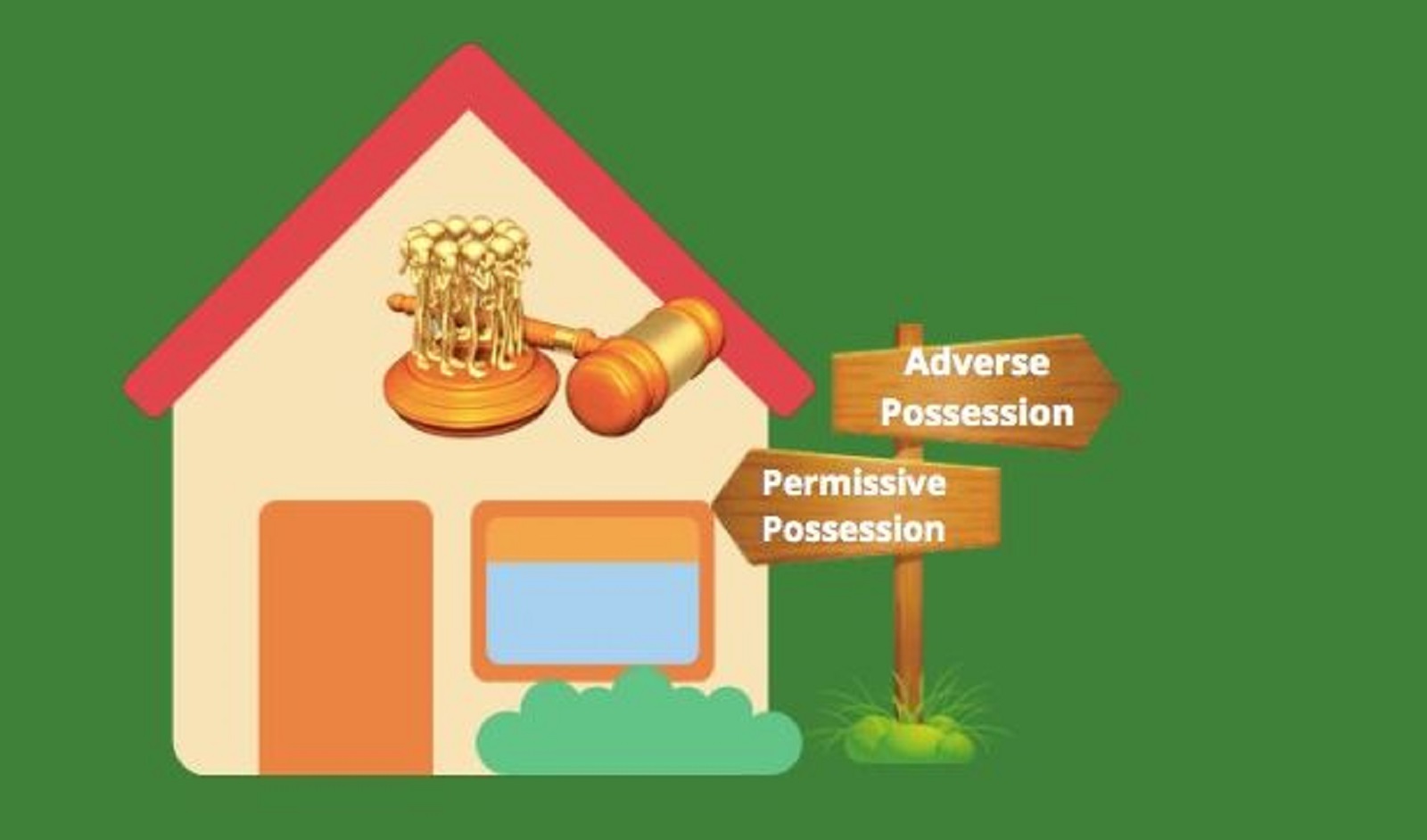What is adverse possession

Adverse possession is a legal notion that has some mystery in the real estate industry. Although the word may sound technical, its essence is the process by which someone might acquire ownership of a piece of property by using it continuously and without permission. We'll explore the intricate details of adverse possession, clarifying its essential components and illuminating its effects on the real estate market.
Understanding adverse possession
Adverse possession is a legal principle that allows an individual to acquire ownership of someone else's property by openly occupying and using it without the owner's permission for a specified period. This period, known as the "statutory period," varies by jurisdiction but typically ranges from 5 to 20 years.
Key Elements:
For adverse possession to occur, certain elements must be present:
Open and Notorious: The occupier's use of the property must be visible and apparent to the owner, putting them on notice.
Continuous and Uninterrupted: The possession must be continuous and without interruption throughout the statutory period.
Hostile and Adverse: The occupier's use must be against the interests of the property owner. Hostile, in legal terms, doesn't necessarily imply hostility; rather, it means without permission.
Exclusive and Actual Possession: The occupier must have exclusive and actual possession of the property.
Common Misconceptions:
Paying Property Taxes is Enough:
Paying property taxes on the land does not, on its own, grant adverse possession rights. While it may be a factor considered by the courts, it's not a standalone requirement.
Permission Negates Adverse Possession:
If the occupier has the owner's permission, adverse possession cannot occur. The possession must be unauthorized and against the owner's wishes.
Legal Implications:
Challenges for Property Owners
Adverse possession can pose challenges for property owners who may lose their property rights if they fail to take legal action during the statutory period. Regular property surveys and vigilant monitoring can help prevent adverse possession claims.
Legal Recourse
Property owners facing adverse possession claims can take legal action to evict the occupier or challenge the claim. Courts typically weigh various factors, including the elements of adverse possession, to determine the outcome.
Conclusion:
Adverse possession remains a fascinating and intricate aspect of real estate law. While it may seem like a rare occurrence, understanding its principles is crucial for property owners to protect their interests. Vigilance, legal advice, and a clear understanding of property boundaries are essential components in navigating the complexities of adverse possession in the ever-evolving world of real estate.
